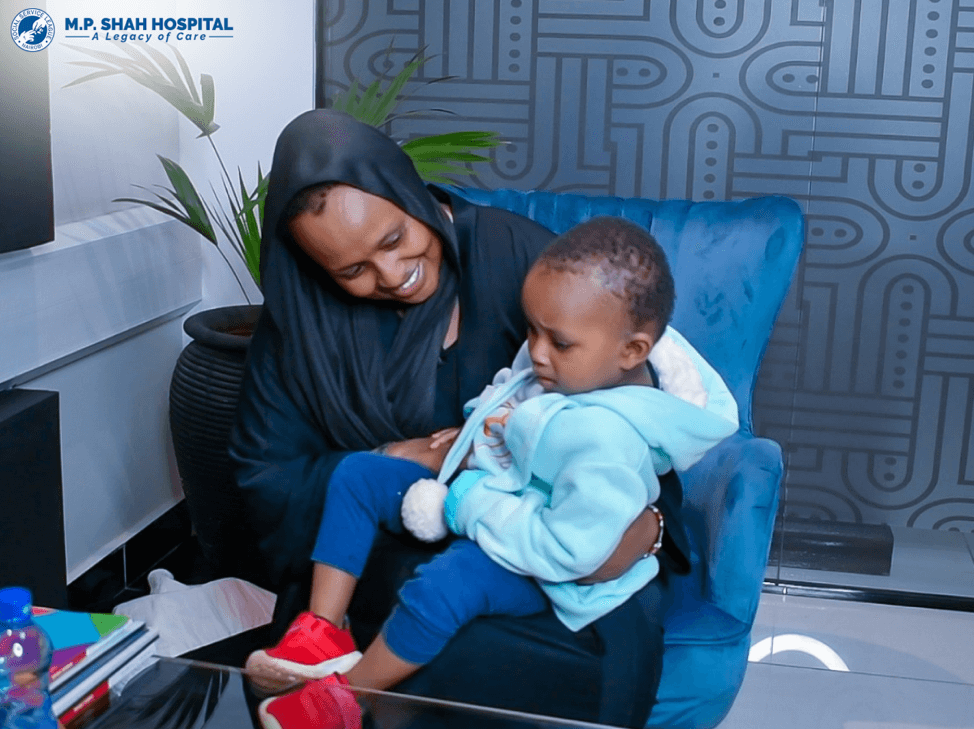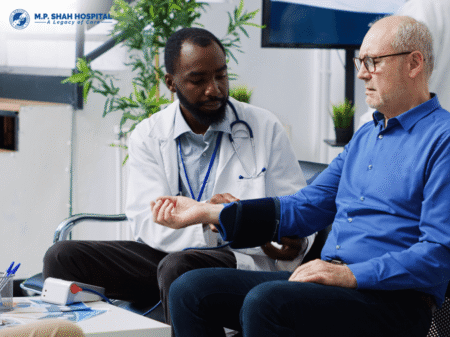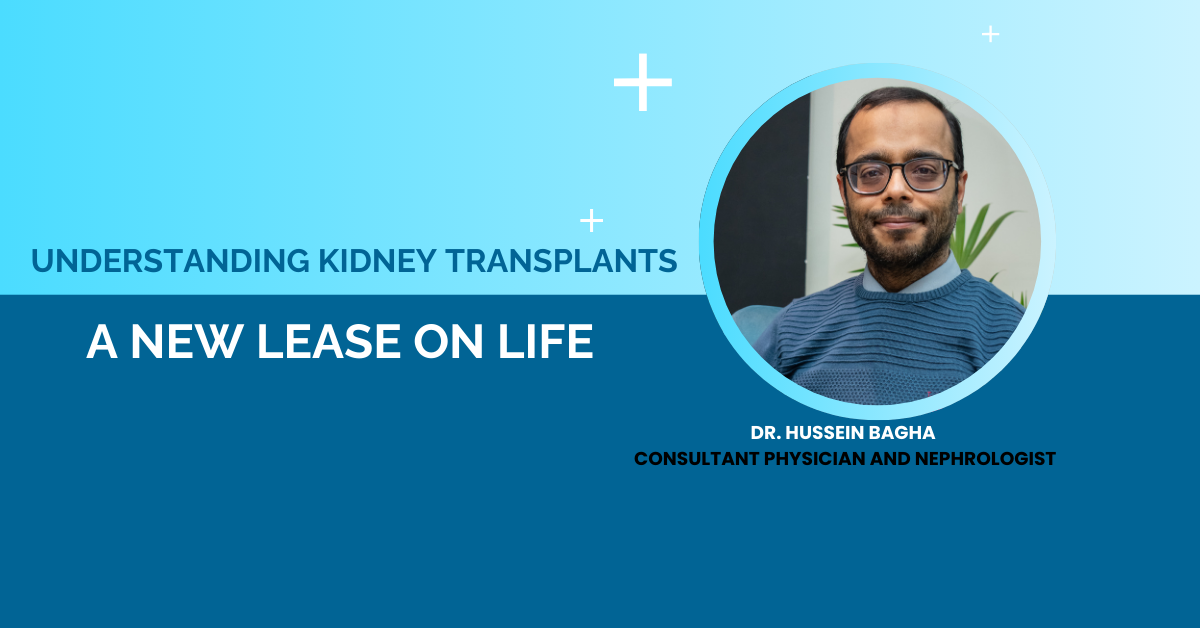M.P Shah Hospital is looking to recruit a professional and evidence-driven person for a vacancy in the
Nursing Division, as a Social Worker, on part time basis.
Reporting to the DCNO,the overall purpose of the role will be to provide counseling, support and advocacy
services, helping patients navigate the challenges associated with illness, hospitalization, and recovery.
Additionally, work to connect patients and families with appropriate community resources and assist in
the development of discharge plans.
1. Psychosocial Assessments:
o Conduct thorough psychosocial assessments to identify patients’ emotional, social, and
financial needs, considering the impacts of illness and hospitalization.
2. Counseling and Support:
o Provide individual, family, and group counseling services to help patients and their families
cope with the challenges associated with illness, hospitalization, and recovery.
o Offer crisis intervention and emotional support during medical or personal crises.
3. Care Plan Development:
o Collaborate with the interdisciplinary healthcare team to develop and implement patientcentered care plans that address the holistic needs of the patient.o Assist in planning for and facilitating end-of-life care discussions when appropriate.
4. Advocacy:
o Advocate on behalf of patients, ensuring their rights are upheld and facilitating access to
needed services, including financial assistance, community resources, and other support
networks.
5. Discharge Planning:
o Assist in developing and executing discharge plans, coordinating with community agencies,
home health services, and rehabilitation centers.
o Ensure that patients and families have the resources and knowledge required for a smooth
transition post-discharge.
6. Communication Facilitation:
o Serve as a liaison between patients, families, and the healthcare team, ensuring clear and
effective communication regarding treatment plans, available services, and patient needs.
7. Resource Referral:
o Help patients and families connect to external resources such as financial assistance
programs, housing support, mental health services, and other community-based
organizations.
8. Documentation:
o Maintain accurate, up-to-date, and confidential patient records in compliance with
healthcare regulations and hospital policies.
o Document assessments, counseling sessions, interventions, and outcomes in the patient’s
electronic health record (EHR).
9. Education and Advocacy:
o Provide education to patients and families on available resources, treatment options, and
care decisions, ensuring informed decision-making.
o Assist in navigating complex healthcare systems, insurance issues, and legal considerations
such as advanced directives and guardianship.
10. Multidisciplinary Collaboration:
o Work closely with medical, nursing, and administrative staff to ensure comprehensive
patient care and support services.
o Participate in team meetings, care rounds, and case reviews to ensure alignment and
integration of social work services within the broader care plan.
Qualifications:
1. Education & Experience:
o A Bachelor’s Degree in Social Work (BSW) is required; a Master’s Degree in Social Work
(MSW) is preferred.
o Relevant clinical experience in a hospital or healthcare setting is preferred, especially in
acute care, rehabilitation, or long-term care environments.
2. Knowledge & Skills:
o Strong knowledge of medical terminology, healthcare systems, and community
resources.
o Excellent communication, problem-solving, and interpersonal skills.
o Ability to assess emotional, psychological, and social aspects of patient care.
o Proficiency with electronic health record systems and documentation requirements.
3. Personal Attributes:
o Compassionate and empathetic, with a genuine desire to help others.
o Ability to work under pressure and manage multiple tasks in a fast-paced hospital
environment.
o Strong organizational skills and attention to detail.
Additional Requirements:
Ability to maintain strict confidentiality and adhere to professional ethics and standards.
Flexibility to work varied hours, including weekends and holidays, depending on hospital needs.
Interested and qualified candidates in the above positions are encouraged to forward their applications
to the hospital recruitment portal through the link below:
https://recruitment.mpshahhosp.org:6670/careers on or before 14th March 2025.
Kindly ensure complete application by capturing your education background & work experience on your
profile. We encourage early submission of applications.











